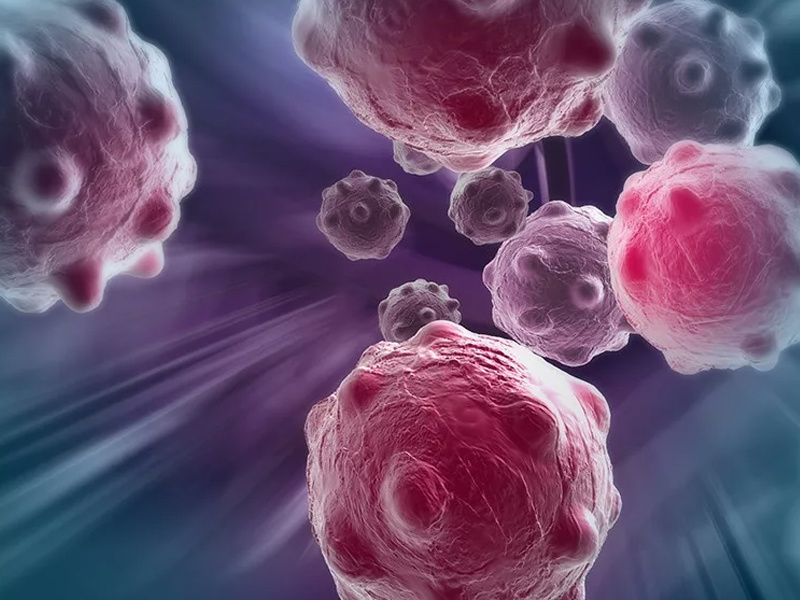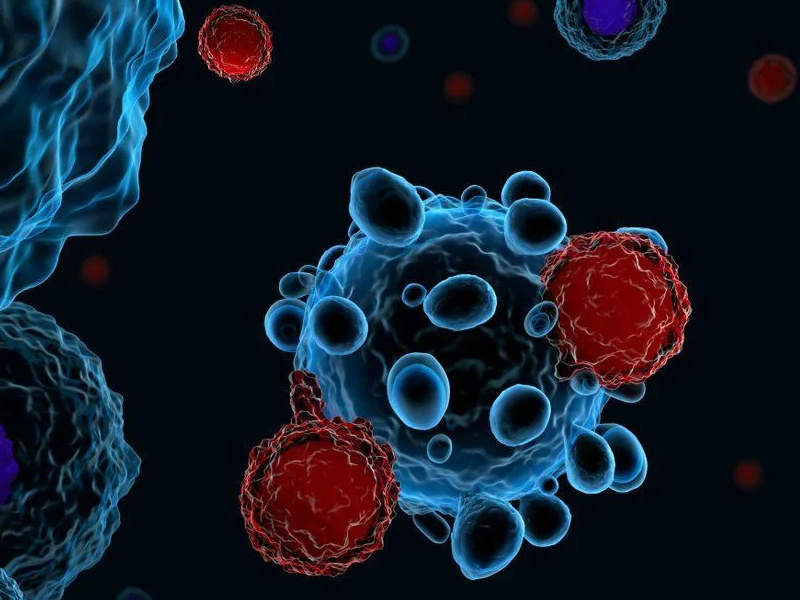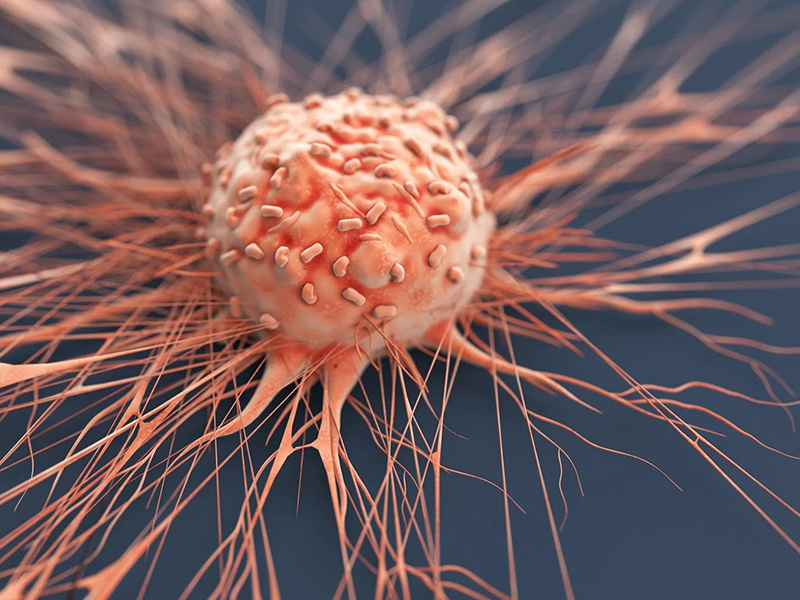Core Pipeline
Pursuing oncolytic virus technologies to cure cancer at its root
Virotech has pioneered the world’s first original and leading oncolytic virus platform—M1. The company is committed to developing First-in-Class and Best-in-Class innovative oncolytic virus therapies, with the ultimate goal of building a curative solution for cancer.

Three-dimensional surface structure of M1 virus (cryo-electron microscopy)

Three-dimensional internal structure of M1 virus (cryo-electron microscopy)

Central cross-section of M1 virus (cryo-electron microscopy)
R & D FIELD
-

Oncolytic virus
M1 strain of oncolytic virus: a natural strain of the genus A virus isolated from mosquitoes in a specific ecological area of Hainan Island, China. It has been confirmed by whole genome sequencing to be non pathogenic. Relying on the virus oriented evolution platform with independent intellectual property rights, the company has successfully developed the oncolytic virus M1 with a dual anti-tumor mechanism. Its core products include VRT106, VRT150 and other candidate drugs. At present, it has shown good prospects in multiple solid tumor indications of liver cancer, colorectal cancer, and triple negative breast cancer, providing new options for clinical treatment.
-

Oncolytic virus
Weilongte focuses on the research and development of M1 enhancer for oncolytic virus, which significantly improves the oncolytic effect by targeting and enhancing virus delivery efficiency and optimizing virus replication kinetics. This enhancer technology can seamlessly integrate with the next generation oncolytic virus product line, laying the foundation for the development of efficient combination therapy plans.
-

Immunoenhancer
Based on the mechanism of action of oncolytic virus M1, Weilunte has developed a universal companion diagnostic kit that can accurately predict the efficacy of oncolytic viruses with M1 as the backbone. This kit is compatible with all M1 series oncolytic virus products, and achieves patient stratification management by detecting biomarkers in the tumor microenvironment, helping to develop personalized treatment strategies in clinical practice.


